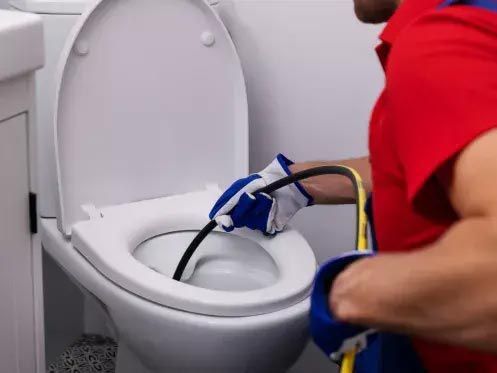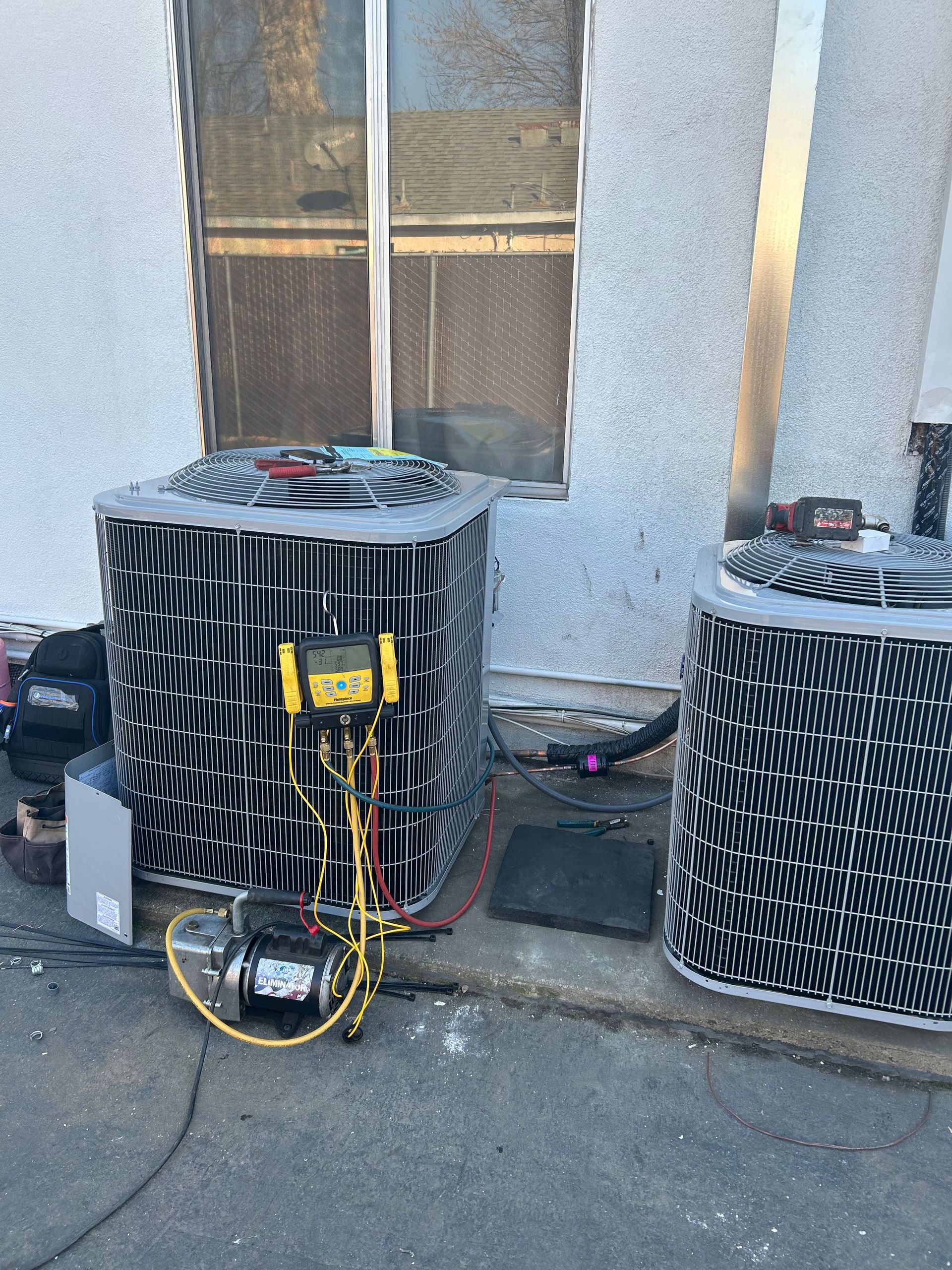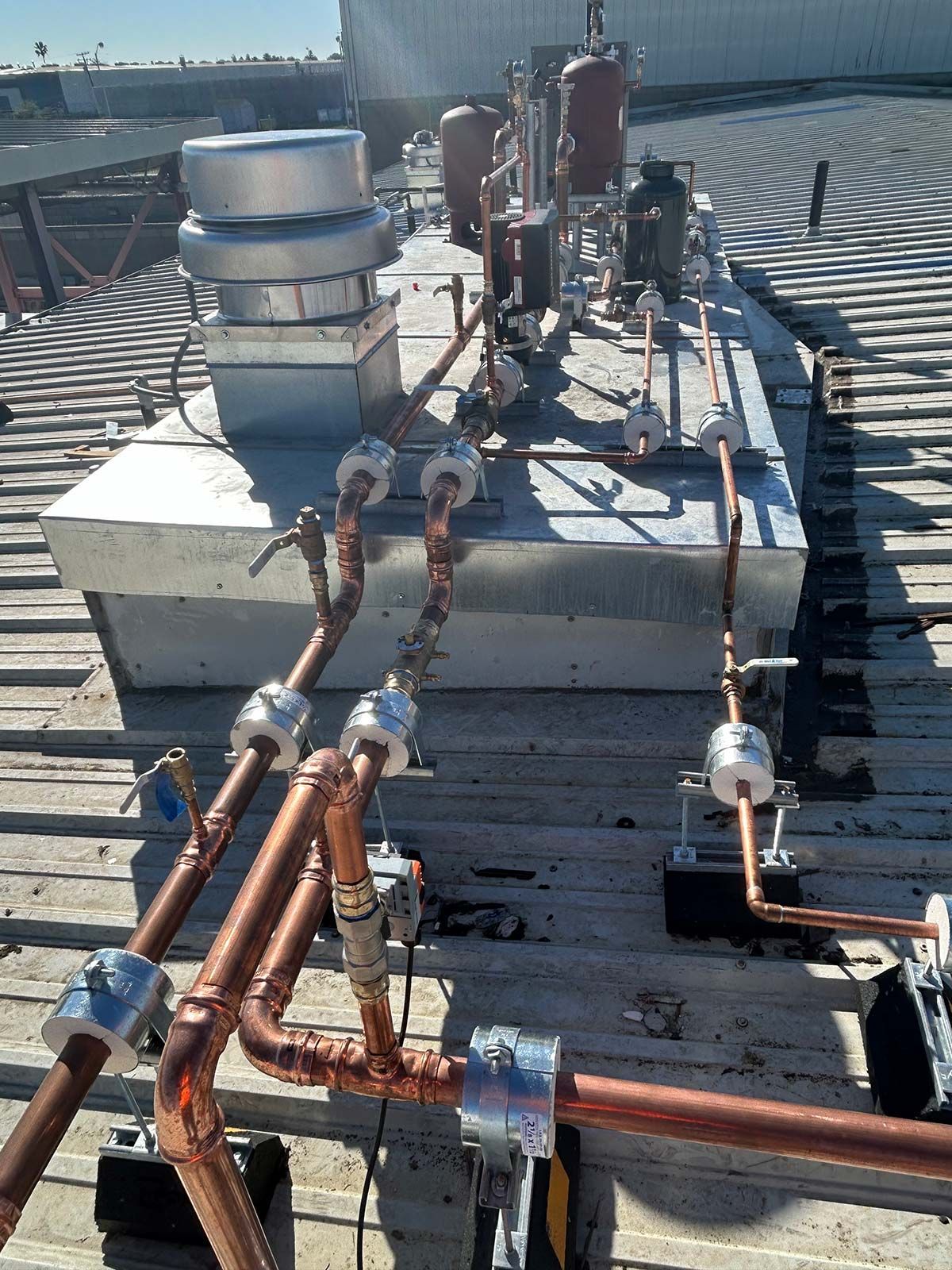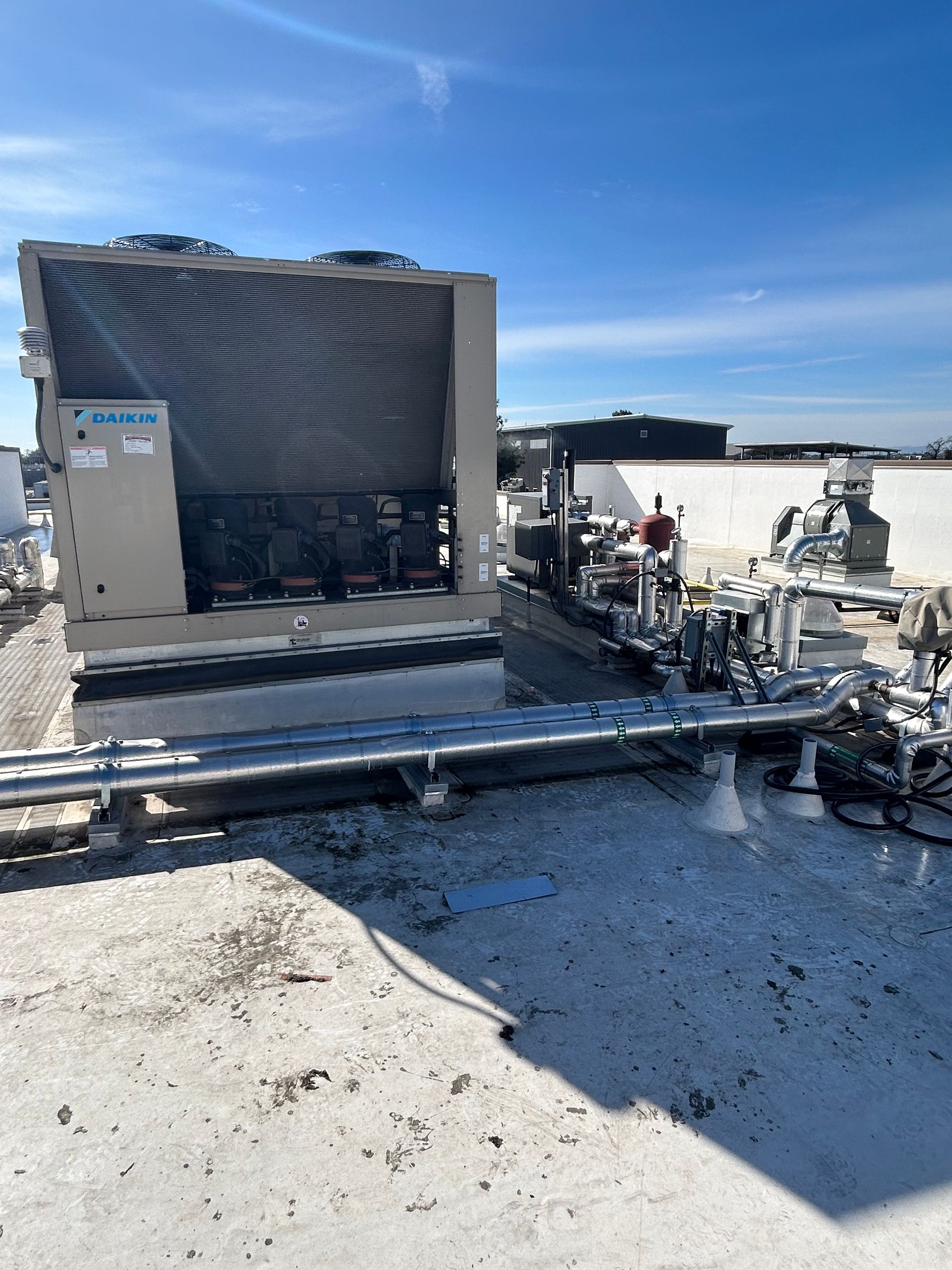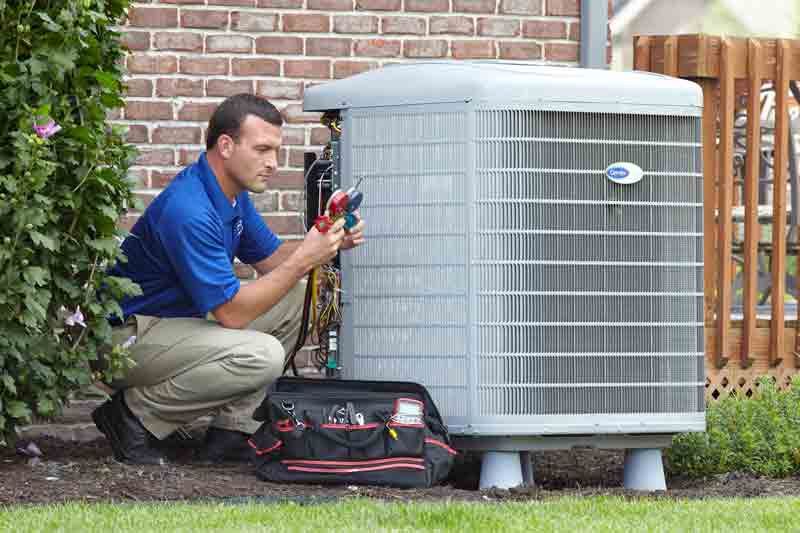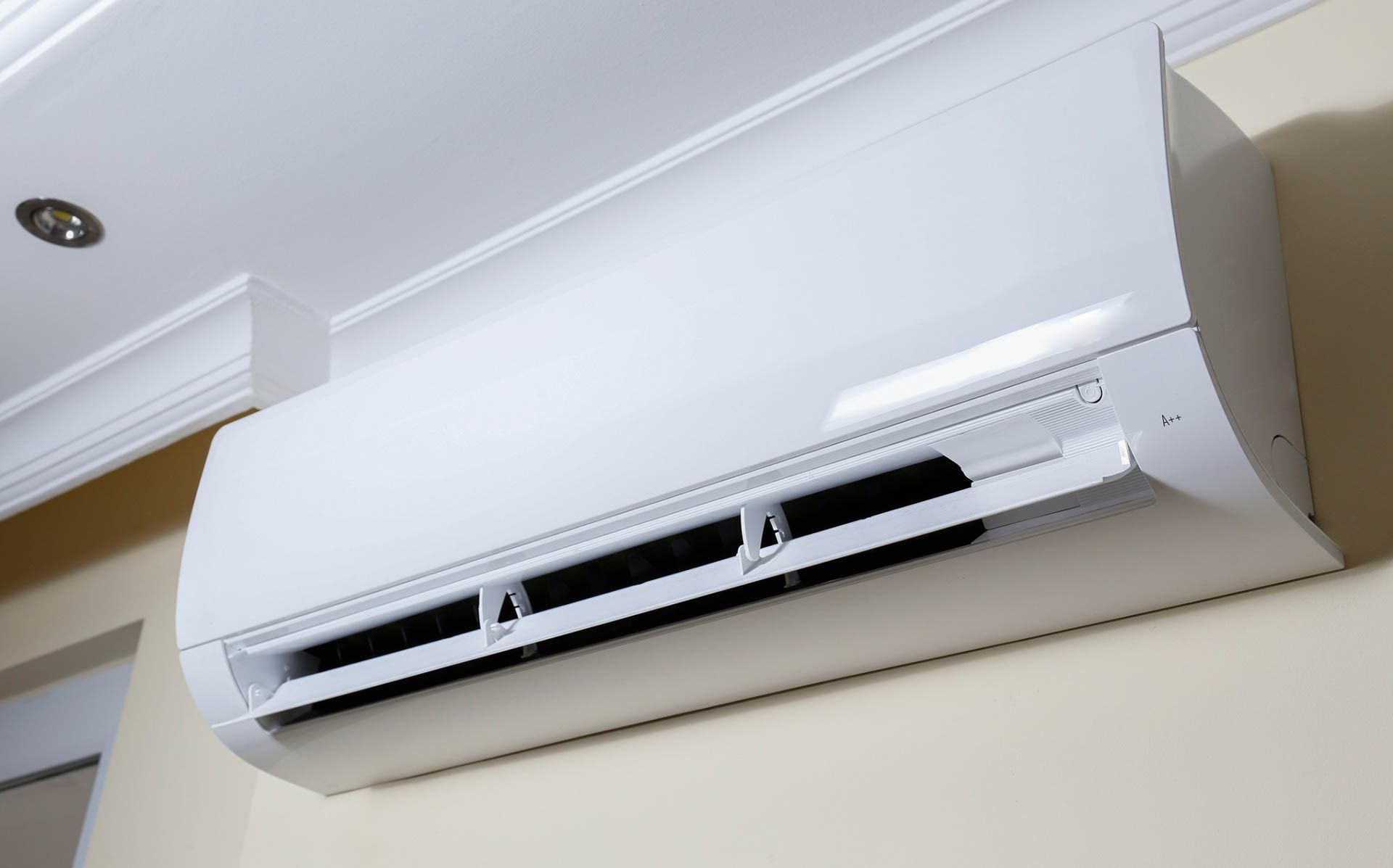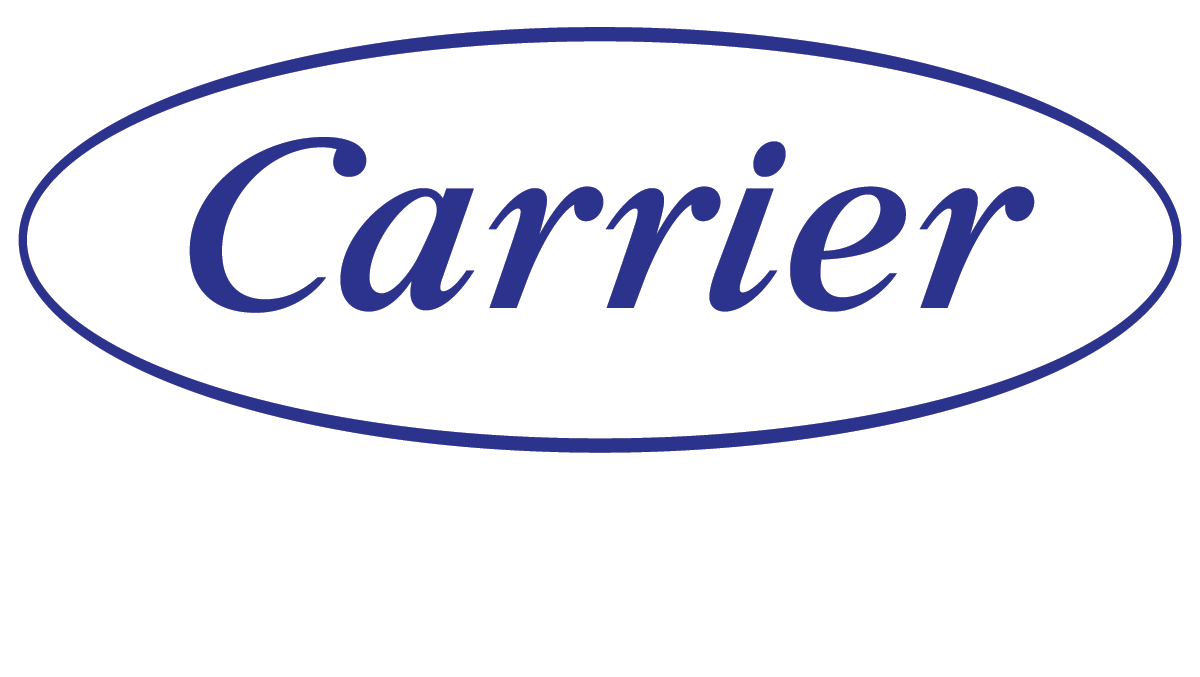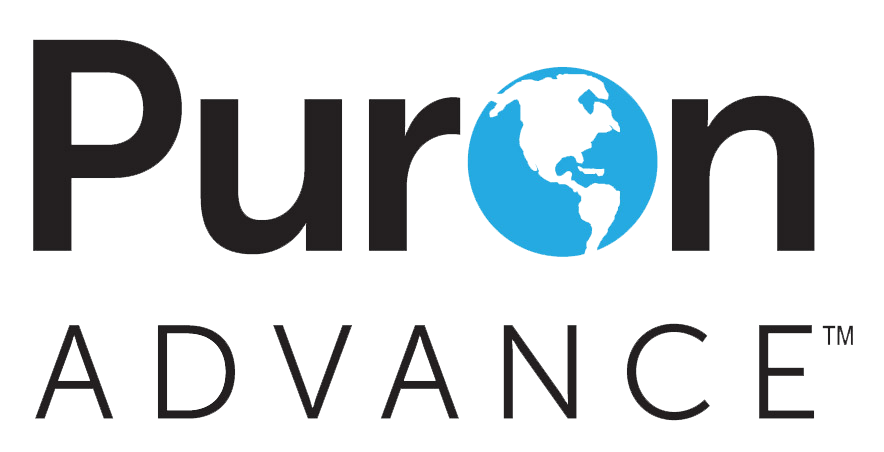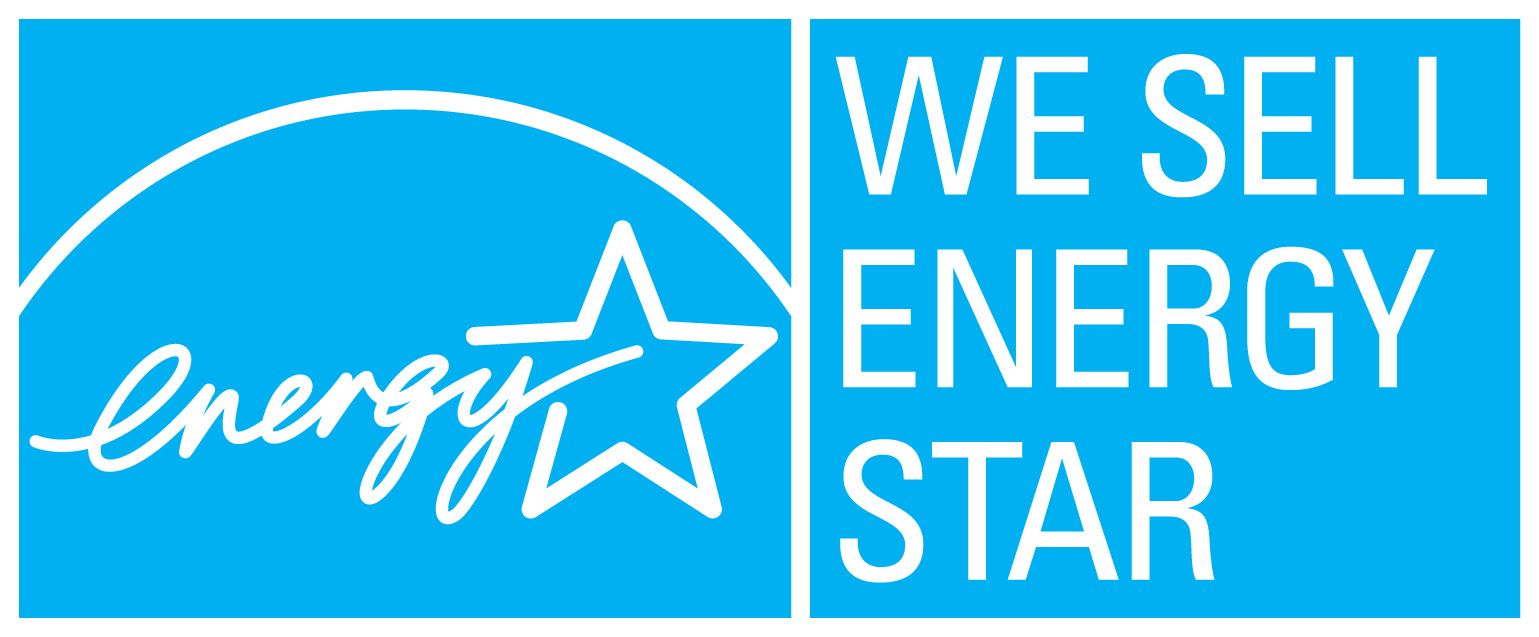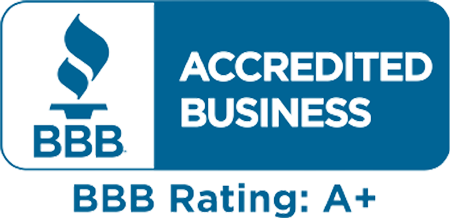What Temperature Should a Hot Water Heater Be Set At?
Setting the right temperature on your hot water heater is crucial for both energy efficiency and safety. Whether you're washing dishes, taking a shower, or doing laundry, the water temperature can greatly impact your comfort, utility bills, and even your health. Generally, the recommended temperature for your hot water heater is 120 degrees Fahrenheit. However, let’s dive deeper into why this temperature is suggested and how it can benefit you.
Why 120 Degrees Fahrenheit?
1. Safety Considerations:
Water temperatures above 120°F can lead to scalding, especially for children and older adults whose skin is more sensitive to heat. In fact, water at 140°F can cause third-degree burns in as little as five seconds! Setting your water heater to 120°F is a good compromise between comfort and safety.
2. Energy Efficiency:
Maintaining your hot water heater at 120°F can also save you money. Water heaters that operate at higher temperatures use more energy, which reflects in your utility bills. By setting the temperature lower, you can significantly reduce your energy consumption without sacrificing your comfort.
3. Reducing Bacterial Growth:
While higher temperatures can effectively kill bacteria, such as Legionella, which can thrive in warm water environments, modern hot water heaters and good plumbing practices usually suffice to control bacterial growth at 120°F. It’s essential to ensure that your water heater is functioning correctly and that your plumbing system regularly circulates water to prevent stagnation.
How to Adjust Your Hot Water Heater Temperature
Most electric hot water heaters come with a thermostat that can be adjusted easily. Here are the steps:
1. Turn Off Power to the Heater: Safety first! Ensure that the power to your water heater is turned off.
2. Locate the Thermostat: On most electric heaters, the thermostat is located behind a panel on the side of the unit. You may need a screwdriver to access it.
3. Adjust the Temperature: Using a flathead screwdriver, turn the dial to set the temperature to 120°F.
4. Replace the Panel and Restore Power: After making your adjustments, replace the panel and turn the power back on.
For gas water heaters, the process is quite similar, but you’ll be adjusting a dial on the front of the heater.
Additional Tips for Hot Water Heater Maintenance
- Flush Your Heater Annually: Sediment can build up in your water heater, affecting its efficiency. Flushing it out once a year helps maintain optimal performance.
- Check for Leaks Regularly: Inspect your water heater for any signs of leaking water, which can indicate that it might need repair or replacement.
- Insulate Your Water Heater: To improve efficiency, especially if it's located in a cooler area, consider wrapping your water heater in insulation.
Setting your hot water heater to 120°F is a simple yet effective step to ensure safety, enhance energy efficiency, and maintain comfortable temperatures for your home. Regular maintenance and occasional temperature checks can help you avoid potential issues down the line—all while keeping your energy bills in check. If you have any further questions about hot water heater settings or maintenance, feel free to reach out!
If you need assistance or more tips on home maintenance, don’t hesitate to contact Comfort Mechanical & Plumbing at (209) 808-5010, where we’re always ready to help!
